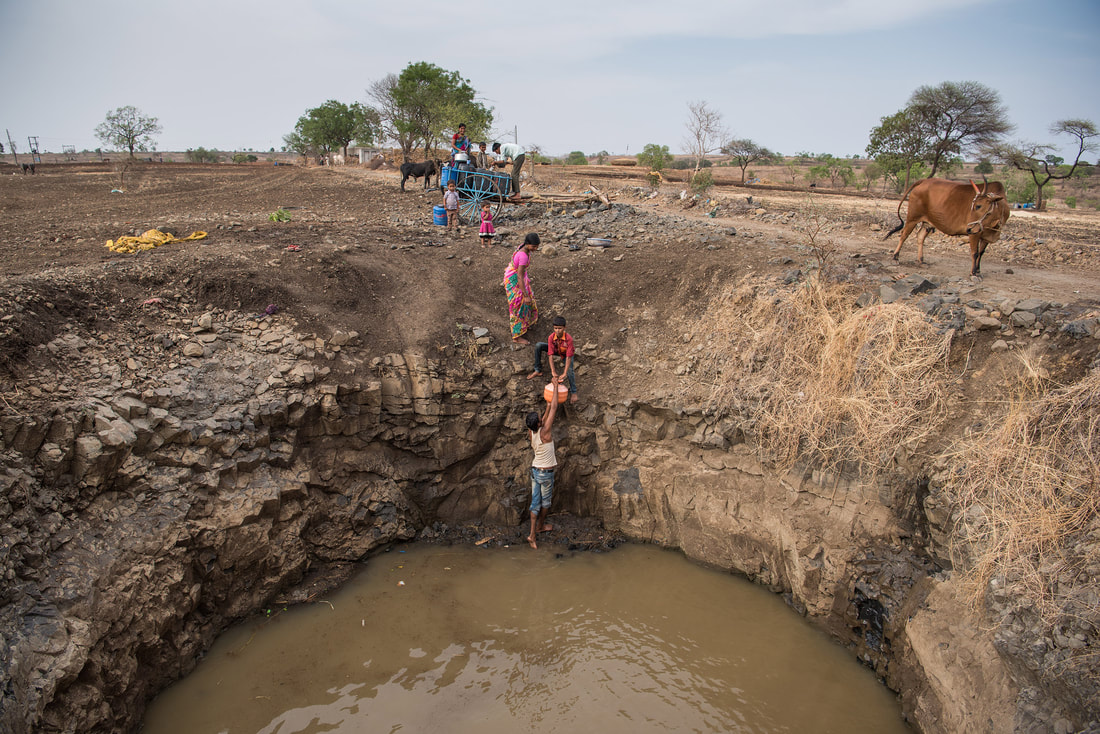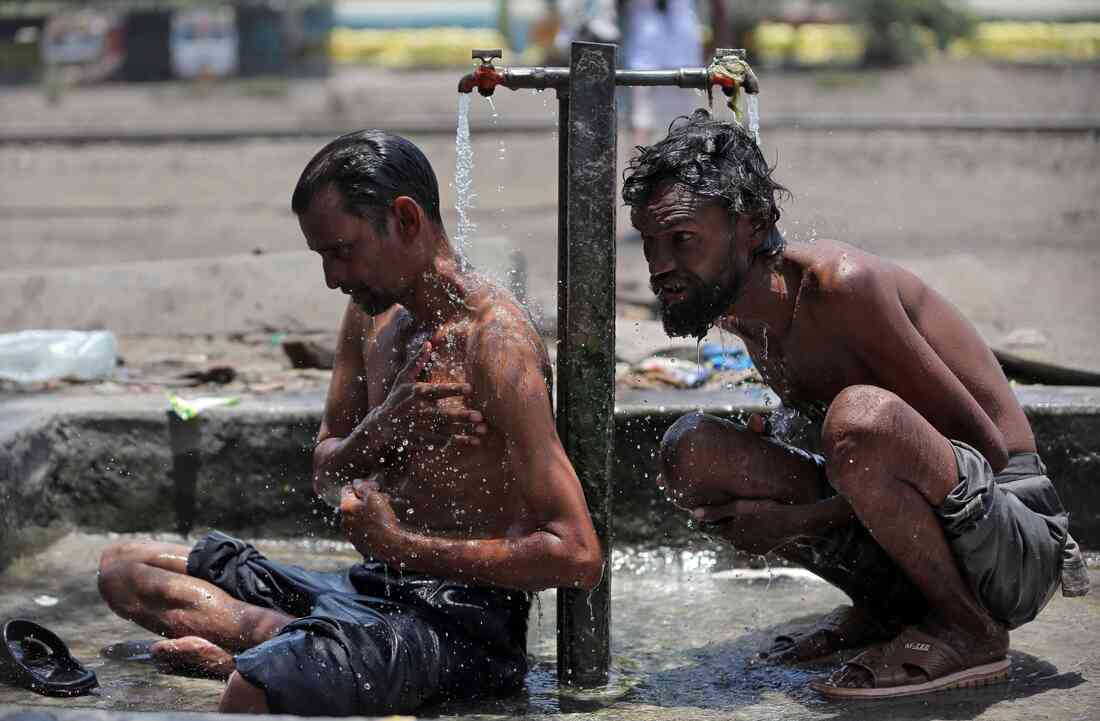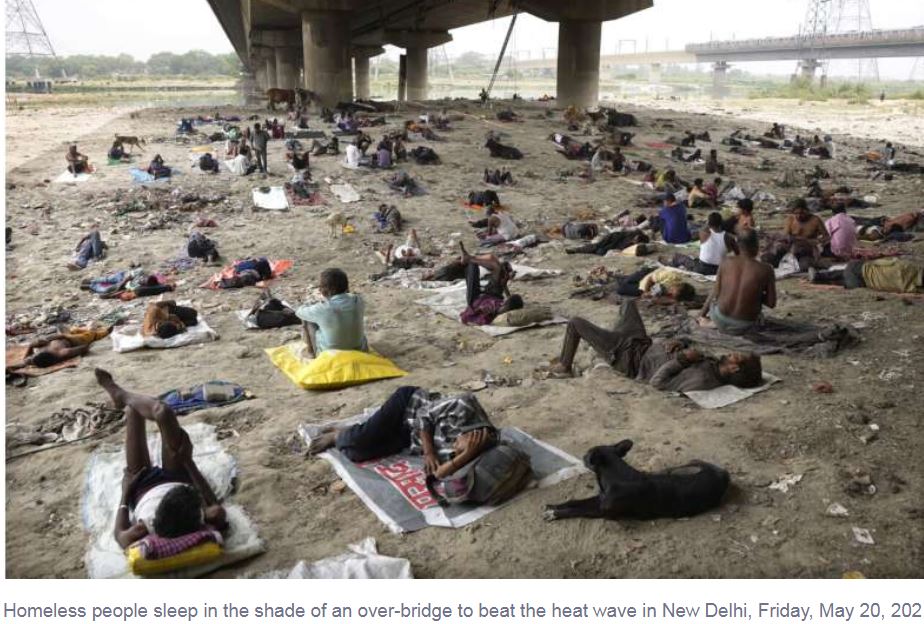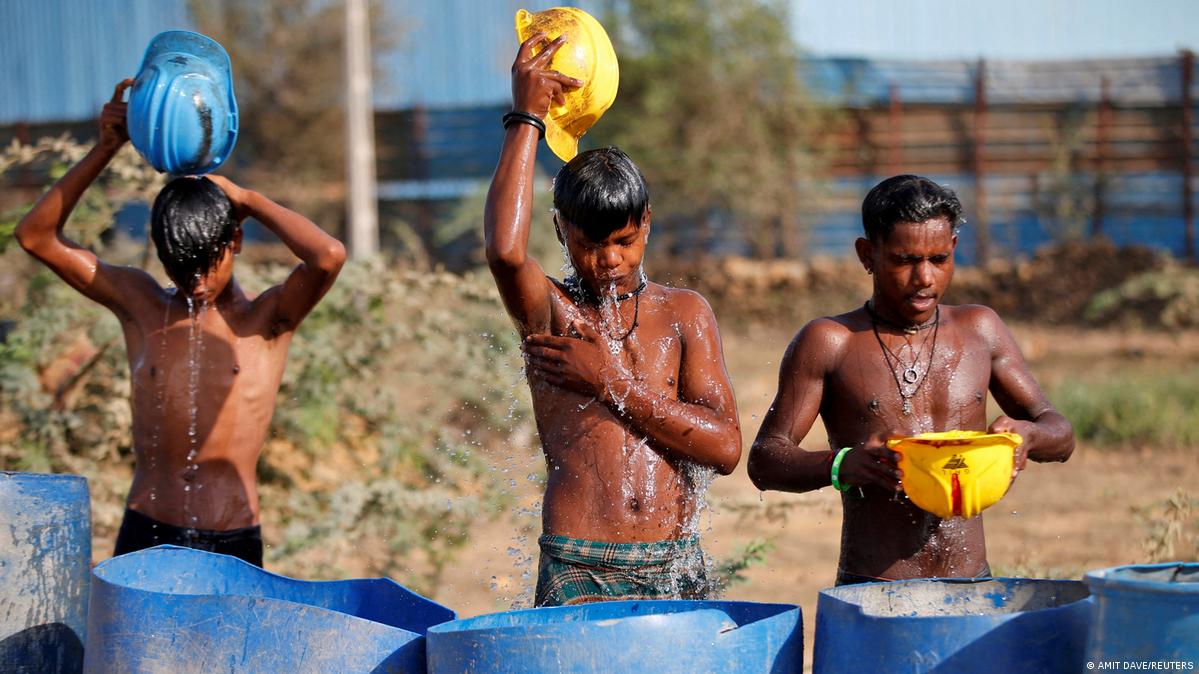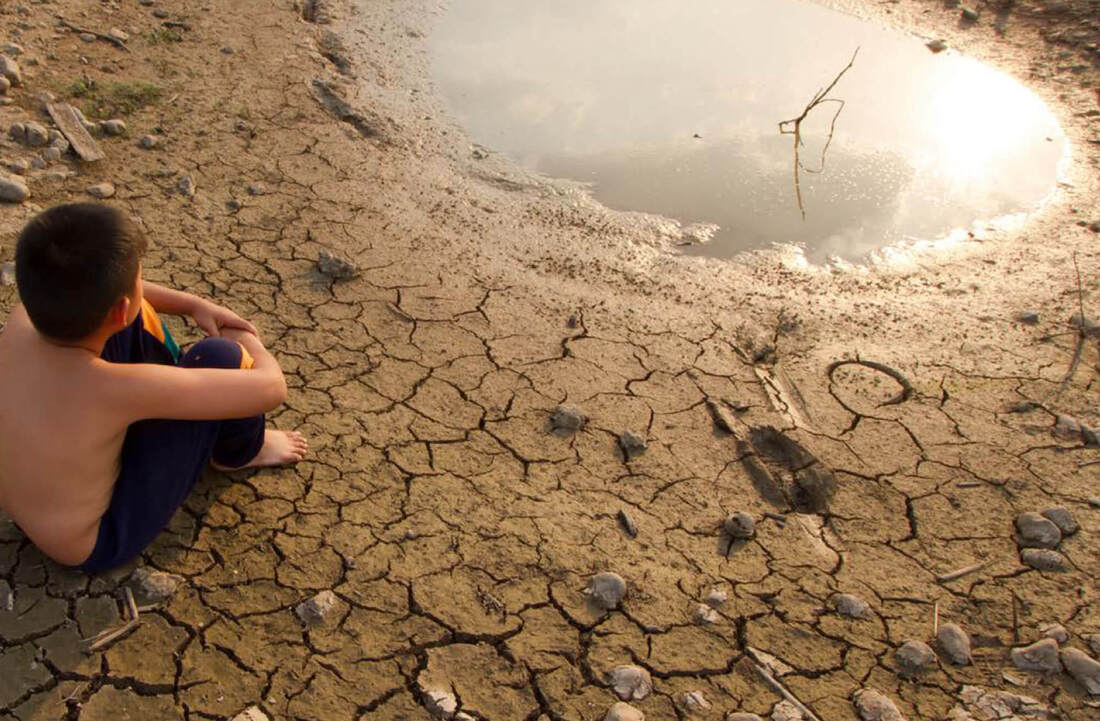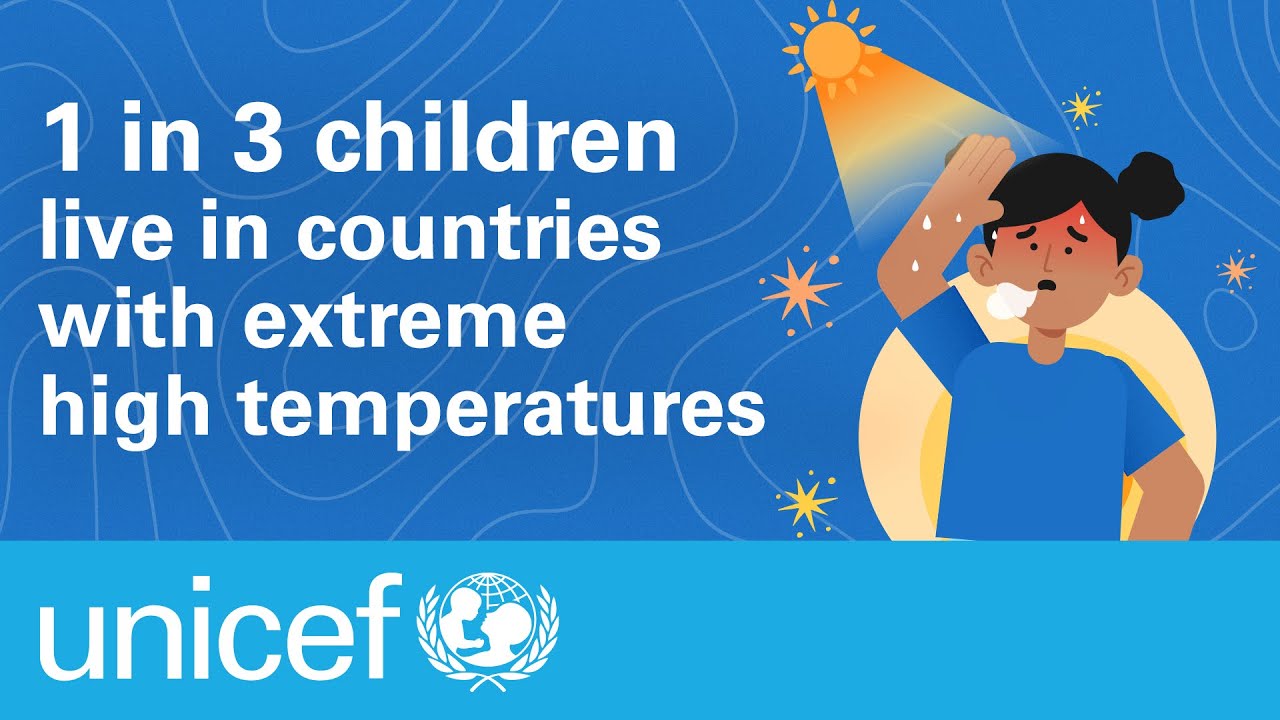14.05.2024
Wave of Exceptionally Hot Weather Scorches South And South-East Asia
Millions of people across South and Southeast Asia are facing sweltering temperatures, with unusually hot weather forcing schools to close and threatening public health. April and May are usually the hottest months in south-east Asia, but temperatures this year have been worsened by the El Niño event, which brings hotter, drier conditions to the region. The World Meteorological Organization warned in a report this week that Asia remained “the world’s most disaster-hit region from weather, climate and water-related hazards in 2024”. Floods and storms caused the highest number of reported casualties and economic losses, it said, while the impact of heatwaves became more severe. Thousands of schools across the Philippines, including in the capital region Metro Manila, have suspended in-person classes. Half of the country’s 82 provinces are experiencing drought, and nearly 31 others are facing dry spells or dry conditions, according to the UN. In the capital Bangkok, temperatures reached 40.1C on Wednesday, while authorities warned of a possible “heat index” of past 52C on Thursday. This measure reflects what the temperature feels like, taking into account humidity levels – an important factor for human health because when the air is more humid, it is harder for the body to regulate its temperature by sweating. Thai authorities said 30 people had been killed by heatstroke so far this year. Human-caused climate breakdown is supercharging extreme weather across the world, driving more frequent and more deadly disasters from heatwaves to floods to wildfires. At least a dozen of the most serious events of the last decade would have been all but impossible without human-caused global heating.
Credit: DW
Credit: DW
Poverty deprives people of adequate education, health care and of life's most basic necessities- safe living conditions (including clean air and clean drinking water) and an adequate food supply. The developed (industrialized) countries today account for roughly 20 percent of the world's population but control about 80 percent of the world's wealth.
Poverty and pollution seem to operate in a vicious cycle that, so far, has been hard to break. Even in the developed nations, the gap between the rich and the poor is evident in their respective social and environmental conditions.
Poverty and pollution seem to operate in a vicious cycle that, so far, has been hard to break. Even in the developed nations, the gap between the rich and the poor is evident in their respective social and environmental conditions.



